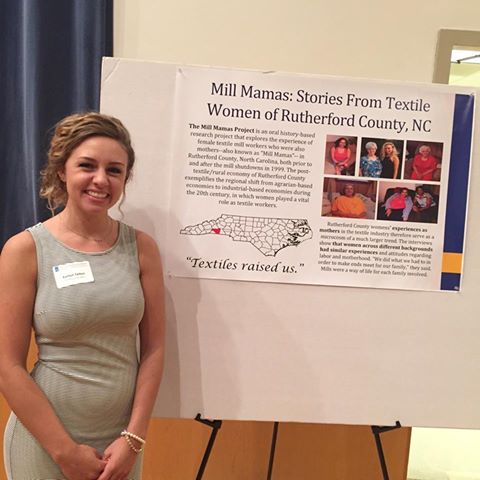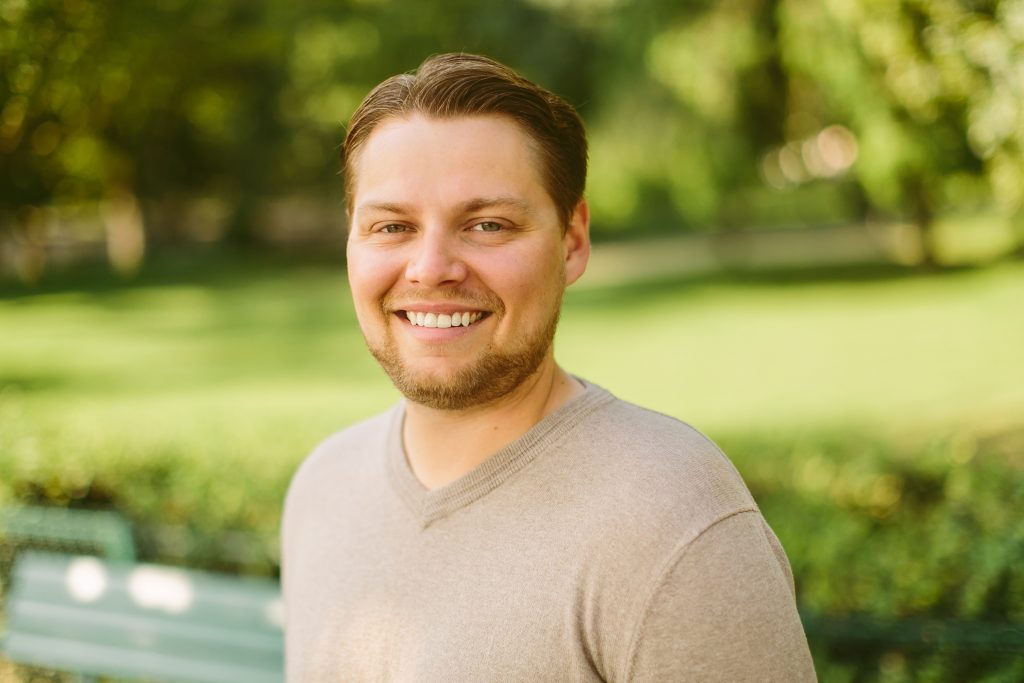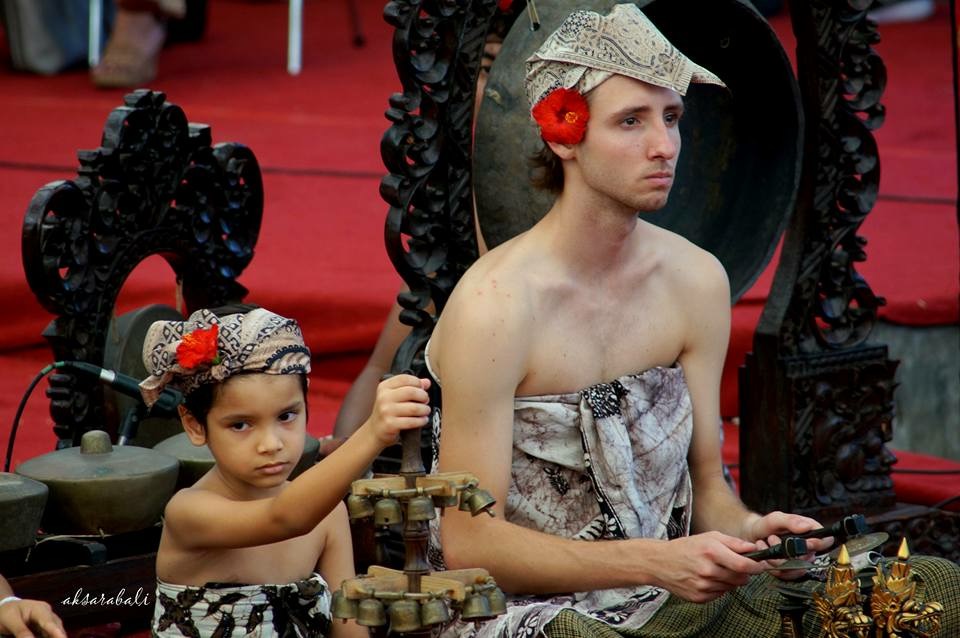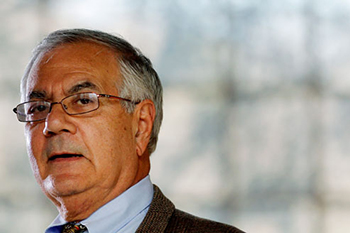
When Rósa Magnusdottir Ph.D. ’06 moved to North Carolina in 1999 to pursue a doctorate in Russian history at the University of North Carolina at Chapel Hill, she had never before set foot in the state.
“Choosing UNC was purely based on a hunch that it would be a good place to study, and I was right,” Magnusdottir recalled. “Not only academically, but also personally.”
At a time when many Russian studies programs are facing funding cuts, the U.S. still maintains one of the strongest environments for Russian scholarship, thanks to top teaching programs and attractive research opportunities. It was this favorable academic landscape that first drew Magnusdottir to the U.S. A native Icelander, Magnusdottir completed her bachelor’s degree in history and political science at the University of Iceland.
When Magnusdottir arrived at Carolina, UNC professor of history Don Raleigh took her to Top of the Hill for lunch, warning her that it took most people seven to nine, maybe even eleven, years to finish the doctoral program.
“I almost took the first flight back home,” Magnusdottir said. “But I managed to finish the program in seven years.”
This was a remarkable achievement, considering Magnusdottir didn’t know any Russian when she began her studies. However, a passion for languages and a fluency in Icelandic, German, Danish and English allowed Magnusdottir to quickly pick up the new language.
During her seven years in the Department of History, Magnusdottir wrote a dissertation on the way the Soviet Union controlled images of the U.S. during the early Cold War period. She conducted research in Moscow, studying Soviet-American interactions from the 1945 meeting on the Elbe River up until Nikita Khrushchev’s 1959 trip to America.
“I was originally interested in the Cold War and wrote a bachelor’s thesis about the cultural Cold War between the Soviet-Icelandic Friendship Society and the U.S. Information Agency in Iceland in the 1950s,” Magnusdottir said. “I figured then that it would be interesting to learn about the Russian side of the Cold War, and ever since my work has been related to the cultural Cold War with an emphasis on Soviet ideology and propaganda.”
While it was a challenge to start writing and thinking academically in English, Magnusdottir credits UNC’s supportive environment and the influence of mentors with easing that transition.
“My advisor, Don Raleigh, will always remain an influential figure in my life,” Magnusdottir said. “I had a great relationship with Bob Jenkins, whom I worked with in the Burch Honors Program in Vienna and Bosnia-Herzegovina for two summers. I also learned a lot from all of the people in my entering cohort and am extremely grateful for the amazing and growing network of UNC Russianists.”
After completing her degree in 2006, Magnusdottir received a job at Aarhus University in Denmark, where she first joined the faculty as an assistant professor of Russian studies. She then moved up to an associate professorship in Russian studies, and currently serves there as a tenured associate professor of history.
A decade after leaving Chapel Hill, Magnusdottir said she still refers back to much of what she learned while at UNC.
“I learned a lot about teaching, about being a student and I learned to set high standards for my work,” Magnusdottir said. “The most valuable lesson I took from UNC’s Russian history program was that an internationally recognized faculty can be collegial and supportive.”
Looking to the future of Russian scholarship, Magnusdottir is worried about the effect of continued cuts to area studies programs.
“Russian studies are struggling everywhere and even if the funding is organized differently, public universities in Europe are still dependent on state funding,” she says. “Politicians talk about the need for internationalized universities and a global community but I’m afraid that language-based area studies programs are suffering.”
With Russian studies in particular, Magnusdottir fears that less focus on Russian scholarship will ultimately lead to a decreased understanding in the media of Russian developments and the country’s domestic and international actions. Even so, Magnusdottir points to Russian scholarship in the U.S. as a beacon of hope for the field.
“It is truly remarkable what American Russianists are achieving.”
By Jamie Gnazzo ’13




